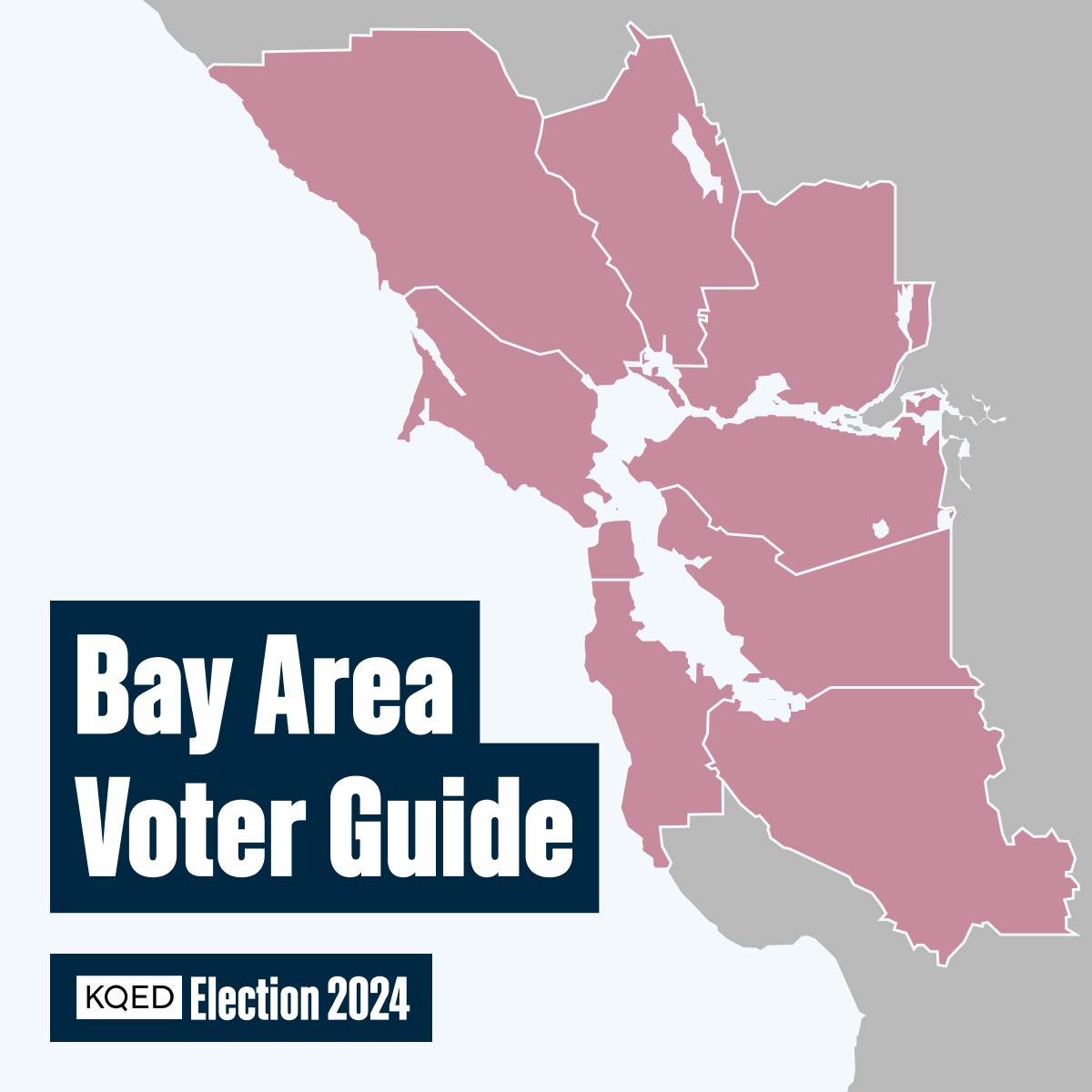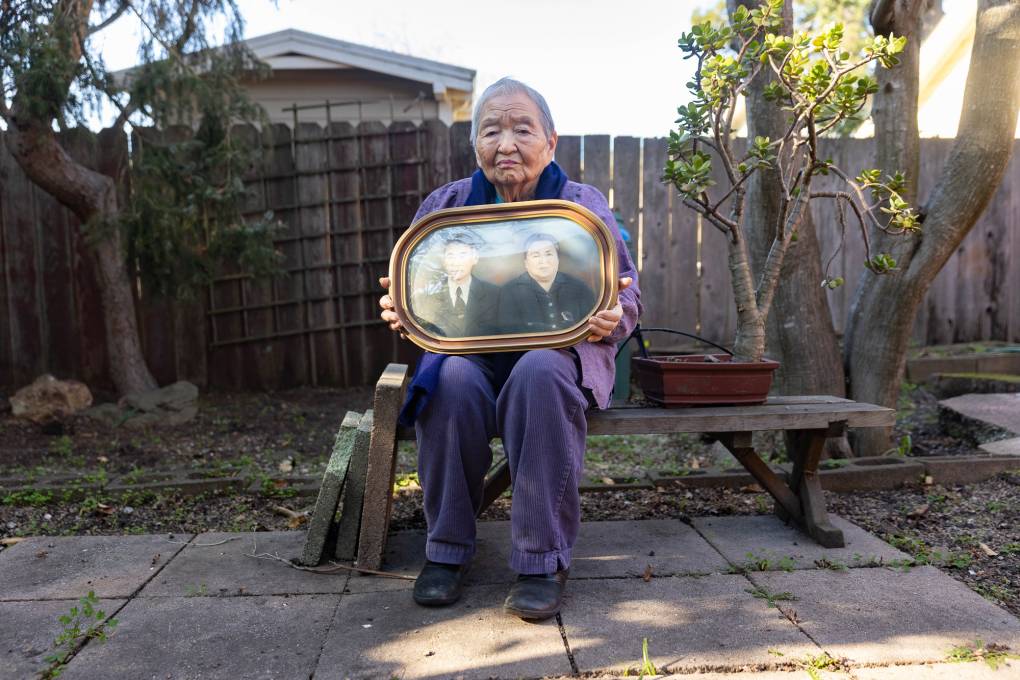“If you’re dealing with a small child, know that a lot of this is too much for them to fully take in, and it can be traumatizing,” she said. “You can explain to them the process without going into scary details: ‘Two people are competing and they have different beliefs. People can get very mad and nervous about it. But you’re still going to be safe in this home with your parents.’”
“We don’t want to lie to them or over-promise, but just not expose them to things that are not appropriate on the news or social media,” McLean said.
Read KQED’s bilingual guide on how to talk to kids during difficult or scary major moments.
Watch your anxiety levels on Election Day itself …
It’s Nov. 5. You — or those around — have already voted. And results of the presidential election start coming in at 5 p.m. Pacific Time, when the polls close on the East Coast.
Every major TV network will have nonstop coverage of the results throughout the night, and it’s very likely that most restaurants, bars and community spaces with a television will be showing this coverage. But remember: you can choose how much of this coverage you consume.
If you know that waiting hours into the early morning for the results of each swing state — which just a few thousand votes could decide — will really set your anxiety spiraling, take breaks from watching. What might be even better for you is making a plan with family or friends to do something completely different on Nov. 5.
Regardless of how much (or little) news you consume on Tuesday, remember: there will still be results at the end of the vote count — which could take days, like it did in 2020.
… and focus on your breathing
Another strategy that Angelakis recommends is giving yourself time for breathing exercises.
“Take two breaths in and one breath out,” she said, adding that you can do as many of these exercises until you start feeling a little more grounded.
“If you try that breathing, it feels really good,” Angelakis said. “It calms your nervous system down.”
She especially recommends doing these breathing exercises if anxious thoughts start coming in throughout Election Night. When you feel these thoughts rising, “visualize the best possible outcome in a day of your life,” she said, “from every last detail that you wake up until the moment you go to bed at night.”
Why: By bringing back our focus to our own lives and our own actions, we remind ourselves what is in our own control — and let go of worries about things out of our control.
Don’t forget the power you have in your own community
The results of this general election will not impact everyone equally — and this is true far beyond the presidential race.
When talking to folks from communities that are most vulnerable to policy shifts, McLean hears how folks sometimes feel disconnected from the decisions happening in Washington, D.C. “They feel powerless,” she said.
But ultimately, “we are not powerless,” McClean said. “Getting involved in grassroots activism, something local in your own community, can help with these feelings of powerlessness.”






